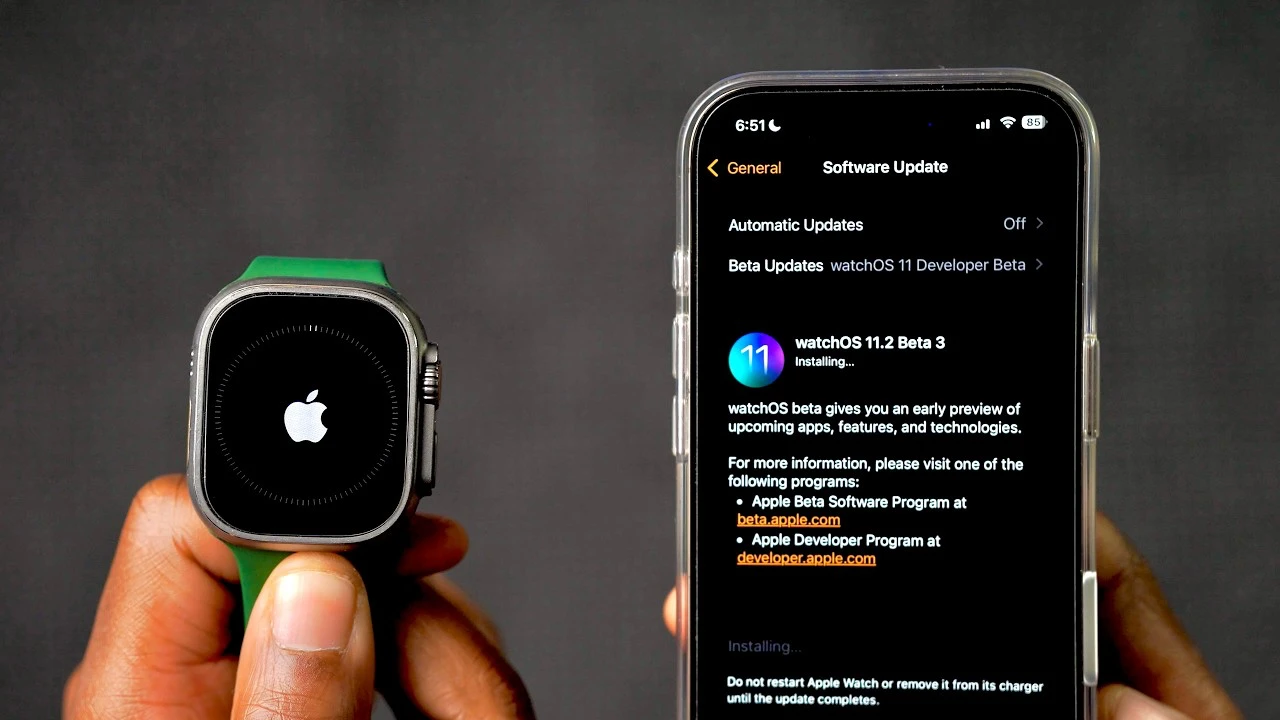
Android tablets have never quite matched the success of Apple’s iPads, and Google's attempts in the space have been no different. Initially, Google launched a variety of tablets under its Nexus and Pixel brands, but by 2019, it seemed the company had lost interest and stepped back from the market. In 2022, however, Google teased a revival with the Pixel Tablet, which finally launched in 2023.
Just when it looked like Google was ready to make a serious comeback, a new report suggests the company might be ready to pull back once again. According to sources close to the project, Google has decided to cancel development of the Pixel Tablet 3, which was internally codenamed “Kiyomi.” This decision was made just last week, and teams who had been working on the tablet have already been reassigned to other projects within Google.
With this news, it seems the Pixel Tablet 2 will be Google's last tablet for the foreseeable future. On the bright side, the Pixel Tablet 2 might come with an official first-party keyboard case, unlike its predecessor. The downside? There won’t be a successor.
Google reportedly cancels Pixel Tablet 3 Google has decided to cancel the development of the Pixel Tablet 3 . The decision was apparently made last week, which is when all of the teams involved found out . People who have been working on the Pixel Tablet 3 have been pic.
twitter.com/CGrLJ5XcMF — Tech Vault (@TechVault_) November 21, 2024 This move highlights Google’s ongoing uncertainty about the tablet market. Despite releasing a tablet, the company has struggled to add features that make Android tablets truly useful.
Meanwhile, Apple has been perfecting iPadOS, creating a tablet experience that’s hard to beat. Google's hesitance to prioritize the tablet experience has left Android tablets lagging behind, with Apple continuing to dominate. Even though Google’s tablet ambitions seem to be fading, the company appears to have a new plan: combining Chrome OS with Android to create a hybrid operating system for a new category of devices, like laptops.
The idea is that Chrome OS will bring the productivity features needed for a laptop, while Android will handle the app ecosystem. While this hybrid device concept sounds promising, it has left many wondering how it will actually work in practice. Rather than doubling down on tablets, Google seems focused on creating a new device that blends the functionality of both tablets and laptops, but whether this will catch on in a competitive market remains to be seen.
For those who were holding out hope for the next big Android tablet, the cancellation of the Pixel Tablet 3 comes as a disappointment, though it isn’t exactly surprising. Google’s approach to tablets has always been inconsistent, and it’s hard to see how they could regain a strong foothold in the market without a clear strategy. For now, it seems Google's future in the tablet space is uncertain, with the company shifting its focus to hybrid devices that might offer something different, but whether that will be enough to win over users remains an open question.
SEE ALSO: Luxury Meets Technology! Caviar's Custom Apple Vision Pro Debuts With A Rs 22,62,000 Price Tag.














